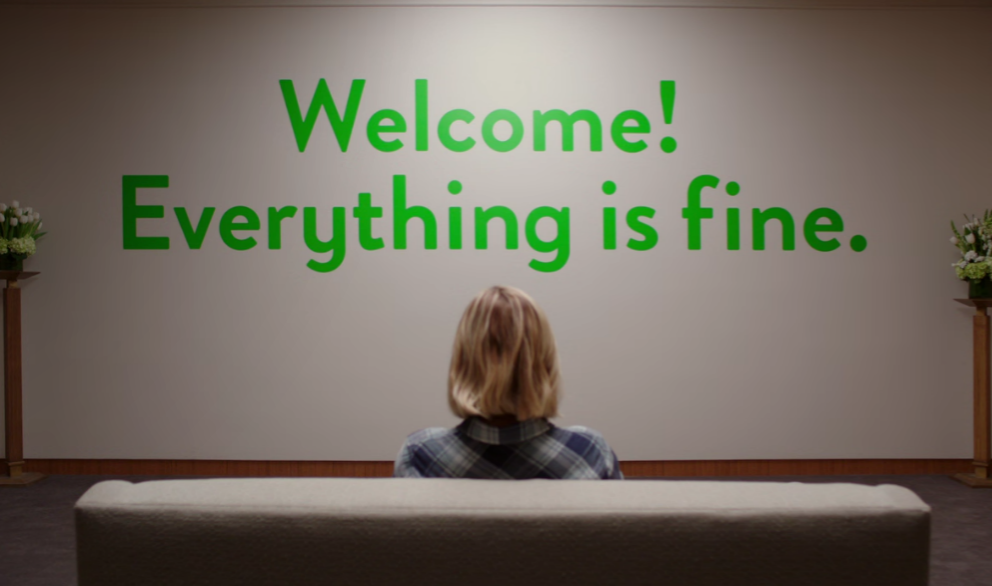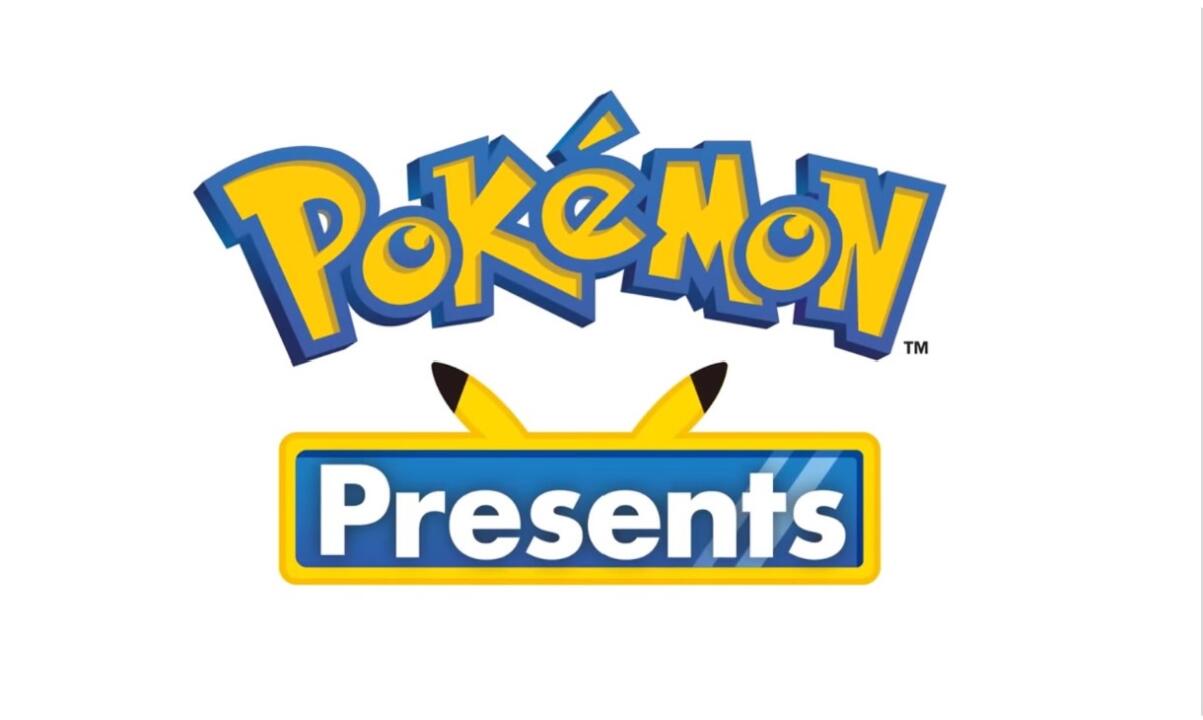The new hit NBC comedy created by Michael Schurr and starring Kristen Bell and William Jackson Harper discusses the perks (and downsides) of the afterlife while dabbling with diversity, comedy, art and philosophy.
The show follows Eleanor Shellstrop, a self-centered woman killed by a runaway swarm of shopping carts after bad-mouthing an environmental activist outside of a supermarket. She wakes up in “The Good Place,” designed by the architect, Michael, and quickly realizes that she does not belong there alongside her ‘good’ neighbors Jianyu, Tahani and Chidi.
As Eleanor deals with her giant secret, she explores the strange town Michael has created, full of frozen yogurt shops, assigned soulmates, perfect houses and an all-knowing AI named Janet.
Chidi, an ethics professor from Senegal, tutors Eleanor in how to become a “better person,” and as the two become friends, seems to successfully change her for the better. One has to ask, is this because of Chidi’s fantastic teaching skills, the fascination of ethics or her growing feelings for him?
It was actually quite interesting to learn about famous philosophers and ethics theories while watching an NBC comedy about the afterlife. As the series progresses, the strange taste of ethics begins to settle on a few main points. There is the Trolley Problem, the inherent morality of there being a Bad Place and a Good Place and Eleanor being forced to decide between going to the Bad Place where she belongs or sending one of her friends in her place.
The finale of season one and the entirety of season two are where this show picks up speed. Ulterior motives and shocking plot twists feel like continuous slaps in the face that you do not see coming. The show makes a lot of excellent points about human nature and how people are unfairly labeled as being either “good” or “bad”.
In the case of Eleanor, her selfishness was revealed to be a result of her parents’ maltreatment, so was it her fault that she only knew how to take care of herself and not others? Upon meeting Chidi, a person who needs her support and company, the growth of her character is natural, yet difficult, as she struggles with her own conflicting natures.
She embodies the perfect “average person,” who is really neither good or bad. As Tahani, Jianyu and Chidi are exposed as average people too, the whole concept of “The Good Place” versus “The Bad Place,” or Heaven versus Hell comes into question. What if you have a good heart hidden under a veil of bitterness and selfishness? Are you good or bad?
Overall, the series is fresh, unique, relatable and inspiring and is definitely worth the Netflix subscription. The set design, acting, directing and writing are all spot on and send a message like no other show. The first two seasons are available on Netflix and they will soon be joined by a third.


